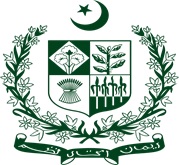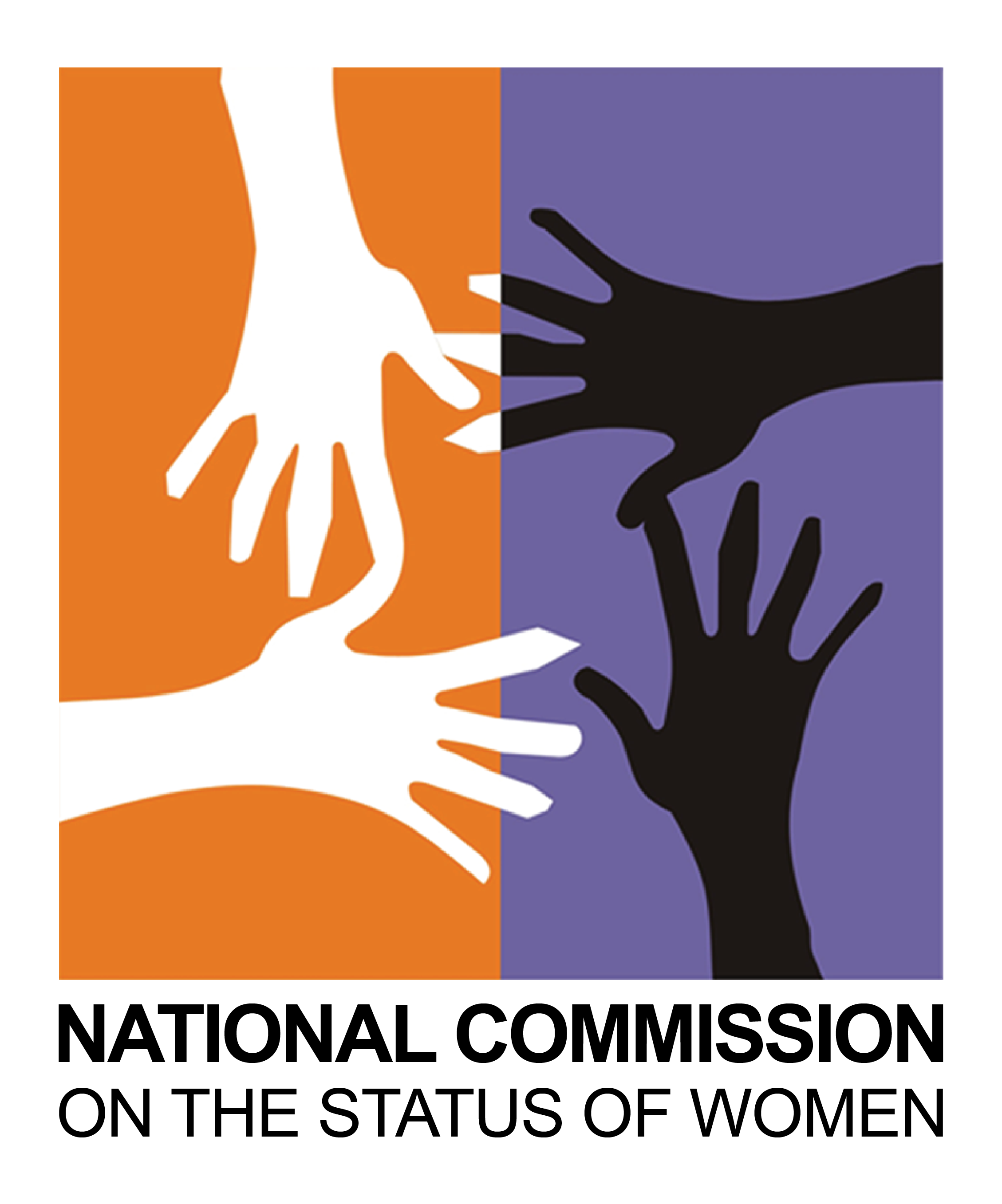The National Commission on the Status of Women (NCSW) came into existence through a presidential ordinance and was established by the NCSW Act, 2012 as a financially and an administratively autonomous statutory body. It is an outcome of the national and international commitments of the Government of Pakistan like the Beijing Declaration and the Platform for Action, 1995; and the National Plan of Action (NPA) for Women, 1998. The basic role of NCSW is to examine and review laws, policies, programmes and monitor the implementation of laws for the protection and empowerment of women, and to facilitate the government in the implementation of international instruments and obligations.
The core work of NCSW is central to the principles of gender equality and empowerment as enshrined in the Constitution. It not only grants equality to women but also empowers the States to adopt measures of positive discrimination in favour of girls and women. Hence, The NCSW Act 2012 gives the Commission the powers to seek and receive information, data or documents from any official source and powers of a civil court to enforce the attendance of any person and production of documents.
The Government of Pakistan has undertaken commitments at various national and international forums to guarantee women’s rights. Internationally, as an apex women’s machinery, it regularly represents Pakistan at the CSW sessions, as well as at the CEDAW committee hearings and conferences as and when required by the Government. As a custodian, the NCSW’s functions include ensuring compliance with Pakistan’s Constitutional guarantees and international commitments related to women’s rights; to examine and review laws, policies, programmes and monitor implementation of laws for the protection and empowerment of women; facilitate the government in the implementation of international instruments and obligations; interact and work with the lawmakers, provincial governments and experts; and uphold the role of a responsive institution to victims of violence, among others.
NCSW also undertakes and encourages research and data generations as evidence for policies, action and monitoring as a central component of its work. Based on data from different sources, it showcases various indicators like women’s household decision making power, financial autonomy, freedom of movement, political participation, acceptance of unequal gender roles, exposure to media, access to education, experience of domestic violence etc.

